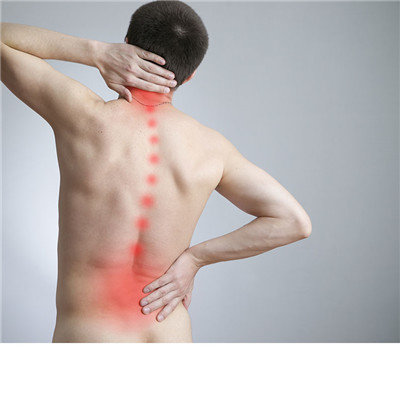What is Parkinson's syndrome
summary
I believe everyone has heard of Parkinson's disease. Suffering from this disease will not only affect the movement and language ability of patients, but also cause mental and psychological problems. Therefore, people have been trying to find a way to treat Parkinson's disease. So, what exactly is Parkinson's syndrome.
What is Parkinson's syndrome
First of all: Parkinson's syndrome is a common diagnostic concept used by neurologists in clinic, which refers to a group of clinical symptoms mainly caused by bradykinesia due to various reasons (cerebrovascular disease, cerebral arteriosclerosis, infection, poisoning, trauma, drugs and genetic degeneration, etc.), mainly manifested as tremor, muscle stiffness, bradykinesia and postural instability, etc. It includes primary Parkinson's disease, Parkinson's superposition syndrome, secondary Parkinson's syndrome and hereditary degenerative Parkinson's syndrome.
Secondly, the most common cause of Parkinson's syndrome is primary Parkinson's disease, which is caused by substantia nigra striatum degeneration and significant decrease of dopamine content in brain. It is effective for levodopa treatment, accounting for about 80% of Parkinson's syndrome. Parkinson's superposition syndrome is similar to Parkinson's disease, but it has severe degree, wide lesion and poor response to levodopa treatment, including multiple system atrophy (MSA), progressive supranuclear palsy (PSP), cortical basal ganglia degeneration (CBD) and Lewy body dementia (DLB).
Finally: secondary Parkinson's syndrome is caused by drugs, infection, poisoning, stroke, trauma and other clear causes. Nerve stabilizers (phenothiazines and butyrylbenzenes) used in the treatment of mental diseases are the most common pathogenic drugs. Hereditary Parkinson's syndrome can be seen in Wilson's disease, Fahr's disease, dopa responsive dystonia (DRD), etc.
matters needing attention
Secondly, the best treatment is prevention. Only by insisting on the combination of prevention and treatment, can we really fight against Parkinson's disease, the "disease" in people's eyes.









